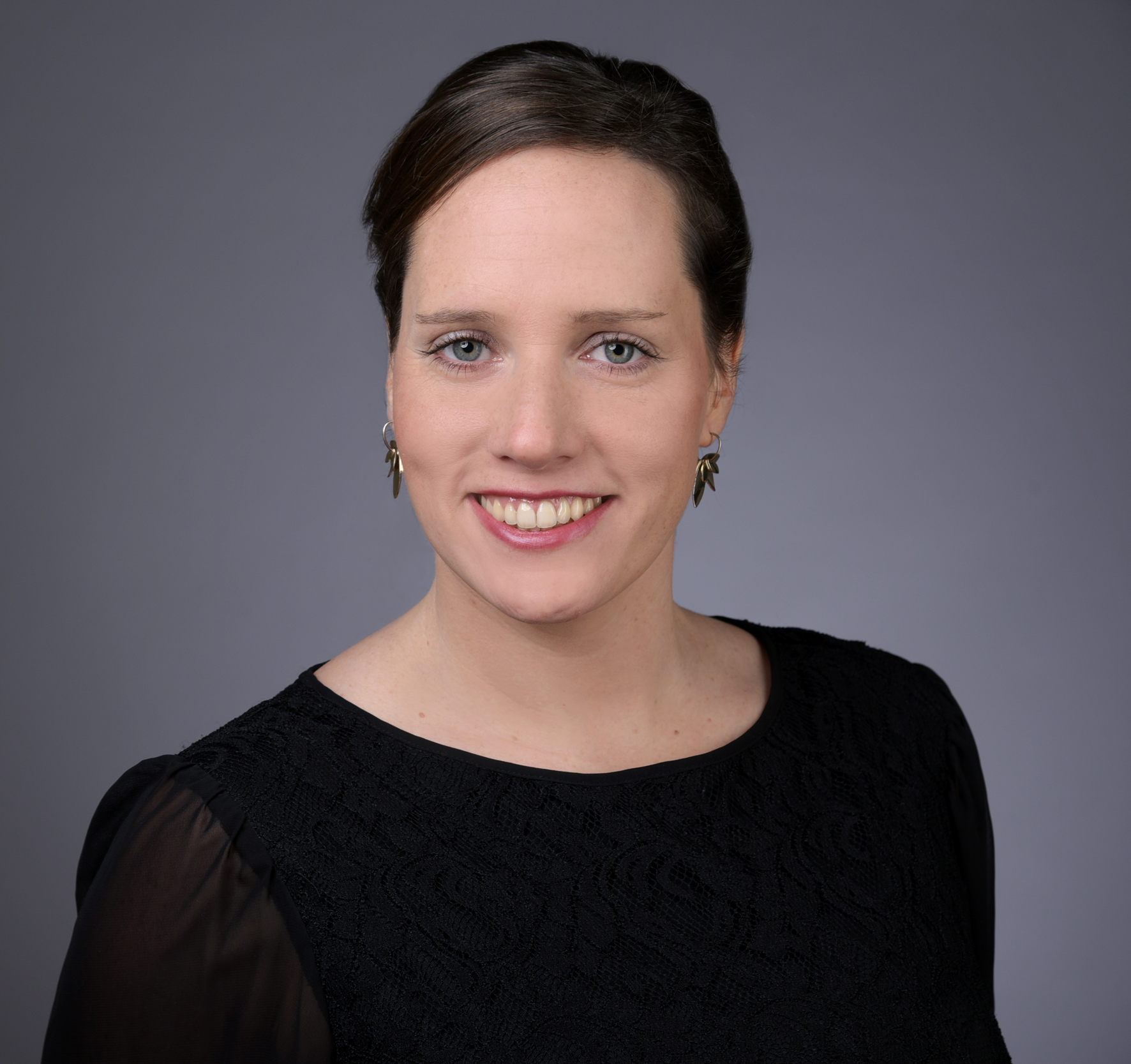Colloqium #23
14 January 2023
Description
In the aftermath George Floyd’s death, the debate on “Black Lives Matter” gained momentum also in Germany. BIPoC demonstrated with white people for equality and equity for BIPoC. Although many Germans rejected racism publicly, the notion was omnipresent that Germany’s racism is not as deeply rooted in the social DNA as it is in the USA. Nevertheless, structural racism exists in Germany as well have white Germans privileges according to their race. While in public debates comparisons with the United States hinders necessary reflection on whiteness in German context, the American debates inform also the understanding how society is structured by race – and Germany is not an exception. Contemporary debates in German academia focus more and more on whiteness and anti-racism training in their spheres of action to increase sensitivity for white people’s privilege in a globally hierarchized society.
The complexity of whiteness in Germany and the uneasiness white Germans feel with it, is my motivation to focus more on whiteness in particular. Amed’s essay on “Phenomenology on Whitness” as well as more recent publications by people of color that are now published in Germany, provide a foundation to think about Whiteness embedded in spaces. A concept of whiteness for the German context helps to uncover processes of social exclusion to spaces and point at practices that relate to race. I want to focus on particular practices that I want to distinguish in practice-arrangement bundles of “making whiteness”, becoming white” and (subconsciously) “choosing whiteness”. Making whiteness refers to policies and discourses that uplifts, protects or privileges white people over other races. Since Germany is a country that highly depends on migration, discourses on how newcomers “should” live demonstrate the process of making whiteness. “Becoming white” reflects on how people of different nations are considered as “more” white and more accepted than other immigrant groups. The third practice arrangement of “choosing whiteness” considers activities where whiteness is executed as a social distinction. I assume that some sport activities like hiking, the board game community, or new inhabitants in rural areas also do these because there is, on the one side, a strong presence of whiteness and, on the other side, a subconscious decision for whiteness that reproduces whiteness.
In the presentation I aim to open the floor for pointing at whiteness as a conspicuous instrument of social distinction that matters in various spheres of daily life. I want to focus on white Germans to consider racism as an issue of theirs instead of producing a form of “othering” by pointing at narratives of immigrant groups and non-white Germans
Speakers

Cosima Werner: Dr. Cosima Werner, University of Kiel, Department of Geography